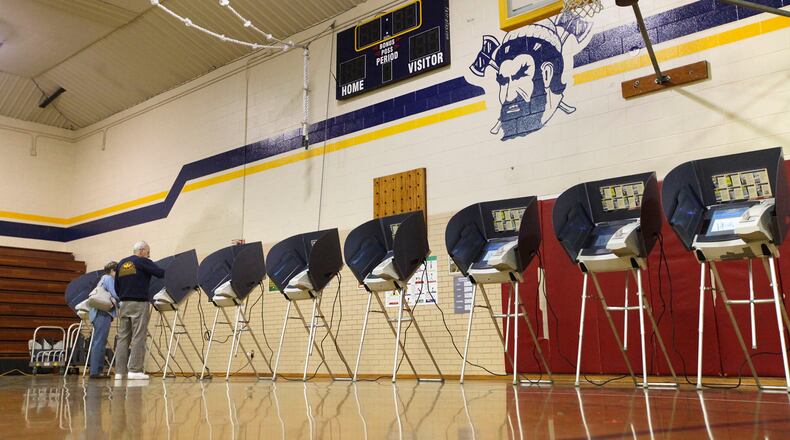Instead, it was later discovered that the documentation for the tax issue that generates about $1.1 million a year was sent by Oakwood to the county auditor’s office, according to the city.
This type of error in election filings seems uncommon, according to Warren County Board of Elections Director Brian Sleeth, past president of the Ohio Association of Election Officials. Sleeth said in an email that he doesn’t recall a similar case.
After being notified Friday, Klopsch said “we began working the problem” over the weekend while “hoping there was a remedy” on Monday.
After Montgomery County Board of Elections’ officials talked with the state, it was “concluded there was nothing that could be done,” he added.
A month before the July approval to place the tax issue on the ballot, the city had sent paperwork to the auditor’s office to certify the millage.
The mistake involving the levy itself was made by an Oakwood employee, but Klopsch said he takes “full responsibility” for the issue.
Klopsch declined to name the employee or say if that person faced any disciplinary action for the error.
“The buck stops with me” he said. “It’s an outstanding employee and stuff happens. I don’t want to minimize this, but we all make mistakes and this was a classic clerical error. Just a mistake. A one-time mistake.”
The renewal levy expires at the end of this year and Oakwood plans to put it on the ballot in 2024, likely in the primary election, Klopsch said.
The levy does not increase taxes and was expected to cost the owner of a $200,000 Oakwood home about $186 a year, records show.
It has been used to supplement the city’s general fund, covering costs such as public safety, parks and recreation, and roadway maintenance, officials have said.
Oakwood plans to draw from its cash reserves next year for the amount generated annually by the levy, he said.
“It’s not going to impact services or planned capital improvements,” Klopsch added. “We’re in good shape financially. But it’s obviously not sustainable.”
The levy first appeared on the ballot in 2013, when it was approved by about 55% of voters. Five years later, that margin grew to about 70%, according to board of elections records.
About the Author

